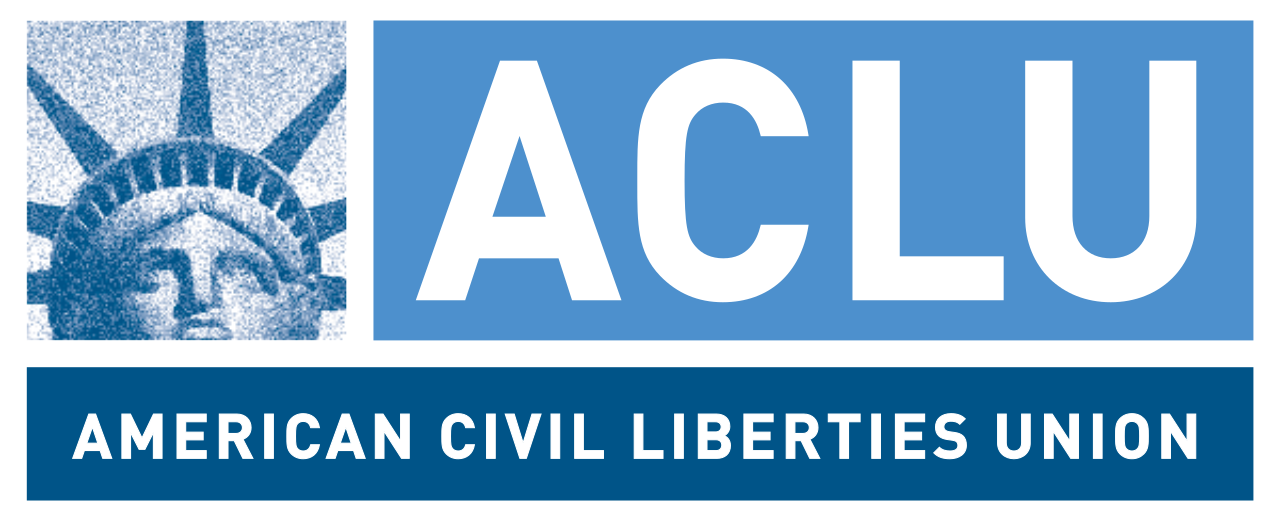Making excuses loses cases
No Free Lunches, Ever
For a free copy of this article in pdf form, click here: Making Excuses
There is, in the world, what some people call the “iron law of cause and effect.” What this means is that, for every action, something always happens as a result. No matter why it happened, if it does happen, there are consequences. In plain English, you say it this way: There are no free lunches, ever.
In reality, all of life is like this, even when we don’t think about it.
We pretend the iron law of cause and effect does not apply to us all the time. If we’re late, we apologize, and that’s usually enough to get past the other person’s anger or hurt feelings. If we apologize sincerely enough or give enough good reasons for something we did, it seems like we get away with it. But it isn’t called the “iron law” for nothing. Even if the other person excuses us, he or she thinks we are less dependable. And even if the other person doesn’t think that, we think of it ourselves. We know it. No free lunches.
Sincerity vs. Integrity
Sincerity means not intending to do harm – trying to do the right thing. Integrity means not doing harm, and doing the right thing. Naturally, it is much, much harder to have integrity than to be sincere.
Defending yourself pro se requires integrity.
Substantive Law of Debt
If a debt collector can prove (or if you don’t make them prove) that you borrowed money and didn’t pay it back, it will be entitled to a judgment against you. It’s as simple as that, no ifs, ands or buts. There are events that can destroy the debt – showing payment, that it was based on fraud, or settlement to name a few. But if the debt isn’t destroyed, no amount of sincerity (desire to pay or legitimate inability to pay) will get you off the hook. You will still owe the money, and the judge will still give the debt collector its judgment if it proves its case.
It’s surprising how often people get mad at debt collectors for trying to collect debts they (the people involved) owe but can’t afford to pay. They often feel like the debt collector has done them wrong to think they should pay. But remember this: just because the debt collector has a ton of money and you’re poor, that doesn’t mean they won’t get a judgment against you. Don’t think that way. And a judgment gives them the power to take from you. They will use that power.
Instead, fight and make them prove their case if they can. Require them to prove the debt and their right to it. Luckily, they aren’t so good at that, and if you fight, you have an excellent chance to win – that’s why we’re here, after all.
Excuses in Litigation
We’ve been talking about the substantive law of debt, which is almost absolute. It’s a little murkier in litigation, where excuses CAN make a difference – sometimes. If you make a mistake in doing something, or if you fail to do something you should have done, this can sometimes be excused. If you do make a mistake, you should certainly try to get it excused. The sincerity of your excuse will matter then, so make it good and say it with feeling. And you might get away with it.
But even if you do “get away with it,” every mistake has consequences. As a pro se defendant, you work mighty hard to get the judge to take you and your words seriously. You want the judge to apply the law fairly and consistently – that’s really all you need in most debt cases to win. Any time you ask the judge for something special or make some kind of excuse, you will hurt your chances of that. And all too often, the court will not give you the break it probably should.
Always work your hardest and do your very best to understand the law and rules of your court. As much as possible, you NEVER want to ask the judge for anything she isn’t supposed to do. If possible, you never want to ask the judge to excuse some failure or to cut you any sort of unusual break.
And to get your best, you must give your best. Never make excuses for yourself, and never accept them from yourself. It’s impossible to be perfect, but try not to make any mistakes you don’t have to make. And that is not a “platitude” or boring old saying – it’s encouragement to you to work very hard. The only way to avoid making mistakes is by figuring out things ahead of time and always going the extra mile. You can get away with less in some parts of your life, but you often cannot in litigation.
We have a rule at Your Legal Leg Up. When you’re faced with a question (which happens almost constantly), you must ask yourself whether it’s possible to get a clear, certain answer. If that isn’t clear, then find out – with certainty – whether it is possible to get a clear, certain answer. If it is, FIND that answer. Nothing less will do when certainty is possible. If it is NOT possible, then find out with certainty all the things that matter in determining the issue. You understand? Wherever it is possible to know a thing, you must know it. Never ever guess when you could know.
That’s the difference between sincerity and integrity in debt defense.
Research is Key
Maybe it sounds easy to find certainty when it’s there. If it sounds easy to you, you probably haven’t been working on your case very long, or you’ve been taking shortcuts without even realizing it. You would be amazed, maybe, at how often people do take shortcuts. It is a rare teleconference where someone doesn’t admit to not knowing something they need to know but don’t. And they always have a good reason for it, too. It’s hard – but remember the iron rule of cause and effect. You know something or you don’t; you know you’re doing what you should, or you’re guessing and hoping either that you are or that it won’t matter. And it always matters.
Do your research and find out for sure the things you need to know. Then do the work and make sure you’re doing the thing you must do.
Your Legal Leg Up
Your Legal Leg Up is a website and business dedicated to helping people defend themselves from debt lawsuits without having to hire a lawyer. As you can see below, we have a number of products as well as memberships that should help you wherever you are in the process. In addition to that, our website is a resource for all. Many of the articles and materials are reserved for members, but many are available to everyone.
Finding Resources
Our website is both a business and a public resource, and you can use it to find information on a wide variety of debt law-related topics. While many of our resources are restricted to members, of course, many more are free to the public. Please feel free to use it. Every page has a site search button in both the header and footer. It’s a little magnifying glass icon that looks like this:

Click on the magnifying glass icon, and a small window opens. Put in a key word – a word you think relates to what you’re looking for – and enter. You will get a page of results.


